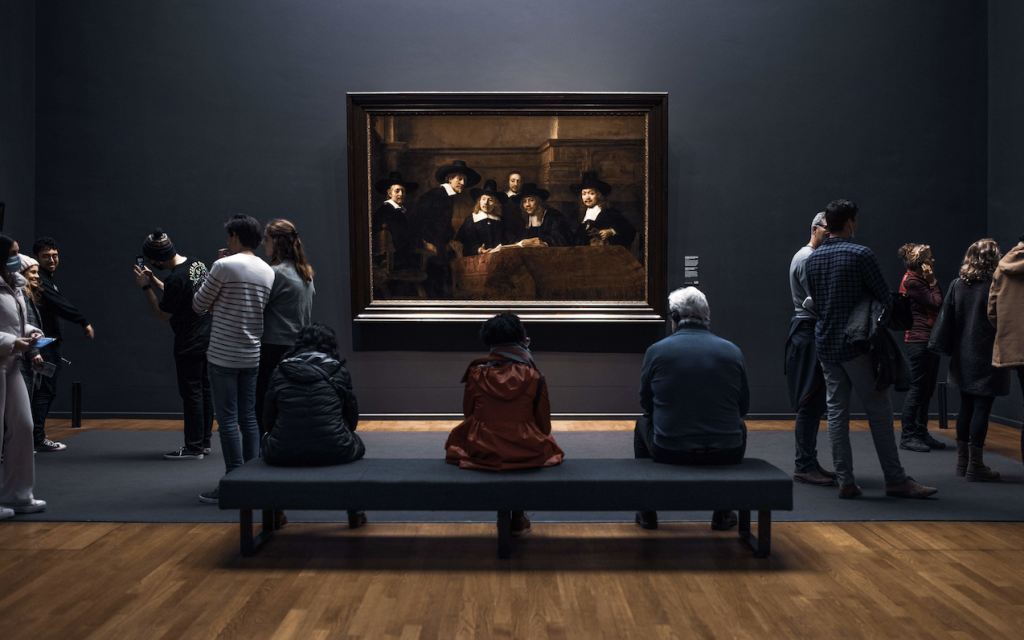Museums and International Affairs

By Sean Jacobs
In the film, “Restitution? Africa’s Fight for Its Art,” the director of a museum in Dakar, commenting on arguments by Western museums that African museums are not ready to store, protect or manages looted objects, responded: “If our objects are returned, we could decide they’re sullied and burn them. We could bury them, or put them in a shrine to the ancestors. We could also put them in a museum … There must be no conditions … We’ll do what we like with our things.” That politics formed the backdrop for a lecture on Thursday, April 20th, by Shimrit Lee, author of the book, “Decolonize Museums. ” Lee is a writer, educator, and instructional designer based in Philadelphia. She holds a Ph.D. in Middle Eastern Studies from New York University, and teaches community-based adult education at the Brooklyn Institute for Social Research. In her talk, she explored the relationship between museums and the discipline and practice of international affiars. During the well attended event, she illustrated how ideas from international relations (presentism, statism and universalism) are utilized in museum politics – mostly cynically – but also pointed to the potential of activism to decolonize museums, most notably the actions of members of the Congolese diaspora in Paris, France who removed an African artefact from a Paris museum in protest at France’s colonial-era looting of art. The activists were fined and banned from the museums. She also singled out the PAIN group, led by artist Nan Goldin, targeting museums, including the Met and Louvre who received large donations from the Sackler family, “widely blamed for inciting the opioid epidemic through the production of OxyContin, a painkiller with addictive properties that was manufactured by Purdue Pharma.” The talk forms part of our series on “Decolonizing International Affairs.”